Charlottesville Police Chief, Dr. RaShall M. Brackney, attended a Democrat political rally, photo-op, and “voter registration drive” in Charlottesville’s Rives Park, apparently while on-duty.
The October 13 event featured Doug Emhoff, husband of Democrat Vice Presidential nominee, Kamala Harris; Dr. Cameron Webb, Democrat nominee for Congress in Virginia’s 5th District; and Albemarle County Commonwealth’s Attorney, Jim Hingeley.
A post on the Charlottesville Police Department’s (CPD) Facebook page showed multiple pictures of the Chief “spending time” with political figures and assembled event attendees.
All of this in plausible contradiction to Department policy, Virginia State code, and the Hatch Act.
CPD General Order 52-99, dated October 7, 2019—and signed by Chief Brackney—delineates “Code of Conduct Guidelines” for the Department, to wit:
38 POLITICAL ACTIVITY
A. Any member of the Department, either individually or as a member of a group or political organization, may take part in a campaign of any political organization seeking the election of candidates or any individual political candidate for office provided that the Department member is off duty and not on the Department’s premises. Uniformed members may not be in uniform when engaging in such activity. No such political activities by a member of a group or organization shall be carried on in the name of the City or any department, bureau, division or agency thereof, or by any group of employees in the Police Department.
B. No member of the Department shall use their official authority or influence for the purpose of interfering with or affecting the result of an election or nomination for office, and no member of the Department shall directly or indirectly coerce, attempt to coerce, command, or advise another member of the Department, or any employee of the City, to pay, lend, or contribute anything of value to a party, committee, organization, agency, or person for political purposes. [emphasis added]
Virginia State code reiterates:
§ 15.2-1512.2. Political activities of employees of localities, firefighters, emergency medical services personnel, and law-enforcement officers and certain other officers and employees.
B. Notwithstanding any contrary provision of law, general or special, no locality shall prohibit an employee of the locality, including firefighters, emergency medical services personnel, or law-enforcement officers within its employment, or deputies, appointees, and employees of local constitutional officers as defined in § 15.2-1600, from participating in political activities while these employees are off duty, out of uniform and not on the premises of their employment with the locality.
C. For purposes of this section, the term “political activities” includes, but is not limited to, voting; registering to vote; soliciting votes or endorsements on behalf of a political candidate or political campaign; expressing opinions, privately or publicly, on political subjects and candidates; displaying a political picture, sign, sticker, badge, or button; participating in the activities of, or contributing financially to, a political party, candidate, or campaign or an organization that supports a political candidate or campaign; attending or participating in a political convention, caucus, rally, or other political gathering; initiating, circulating, or signing a political petition; engaging in fund-raising activities for any political party, candidate, or campaign; acting as a recorder, watcher, challenger, or similar officer at the polls on behalf of a political party, candidate, or campaign; or becoming a political candidate.
F. Employees of a locality, including firefighters, emergency medical services personnel, law-enforcement officers, and other employees specified in subsection B are prohibited from suggesting or implying that a locality has officially endorsed a political party, candidate, or campaign. [emphasis added]
And, the federal Hatch Act adds further restrictions, per the Fraternal Order of Police:
It is impermissible to:
-
- Allow one’s name or likeness to be used in campaign literature in the police officer’s professional capacity;
- Host a fundraiser for a political candidate and recruit attendees using the officer’s official title (however, a spouse who is not covered under this Act may host such a fundraiser and the officer may attend, but may not personally solicit contributions to the fundraiser);
- Allow the officer’s name to appear on an invitation to a fundraiser as a sponsor of the fundraiser or as a point of contact for the fundraiser;
- Engage in campaigning during working hours;
- Use any official authority for influence for political purposes, including using the officer’s official title or authority to coerce individuals to participate in political activity;
- Run for any elected partisan office;
- Solicit, accept, or receive uncompensated individual volunteer services from a subordinate for any political purpose. [emphasis added]
Notably, and pertinent to the third-to-last bullet point above, Chief Brackney was wearing a face mask boldly emblazoned with her title: “Chief.”
While Charlottesville is known for showing political favoritism and legal leniency to Democrats, the Chief’s presumable violations take institutional flouting to a new level.



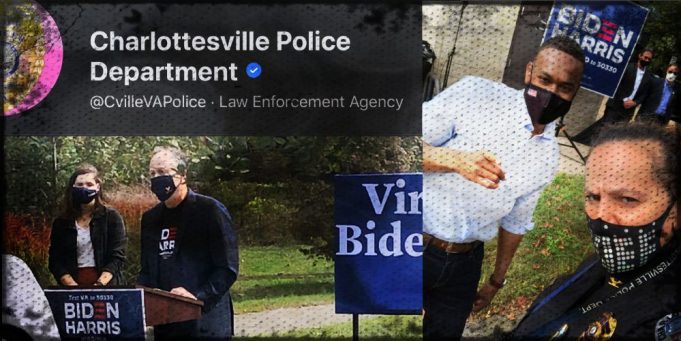

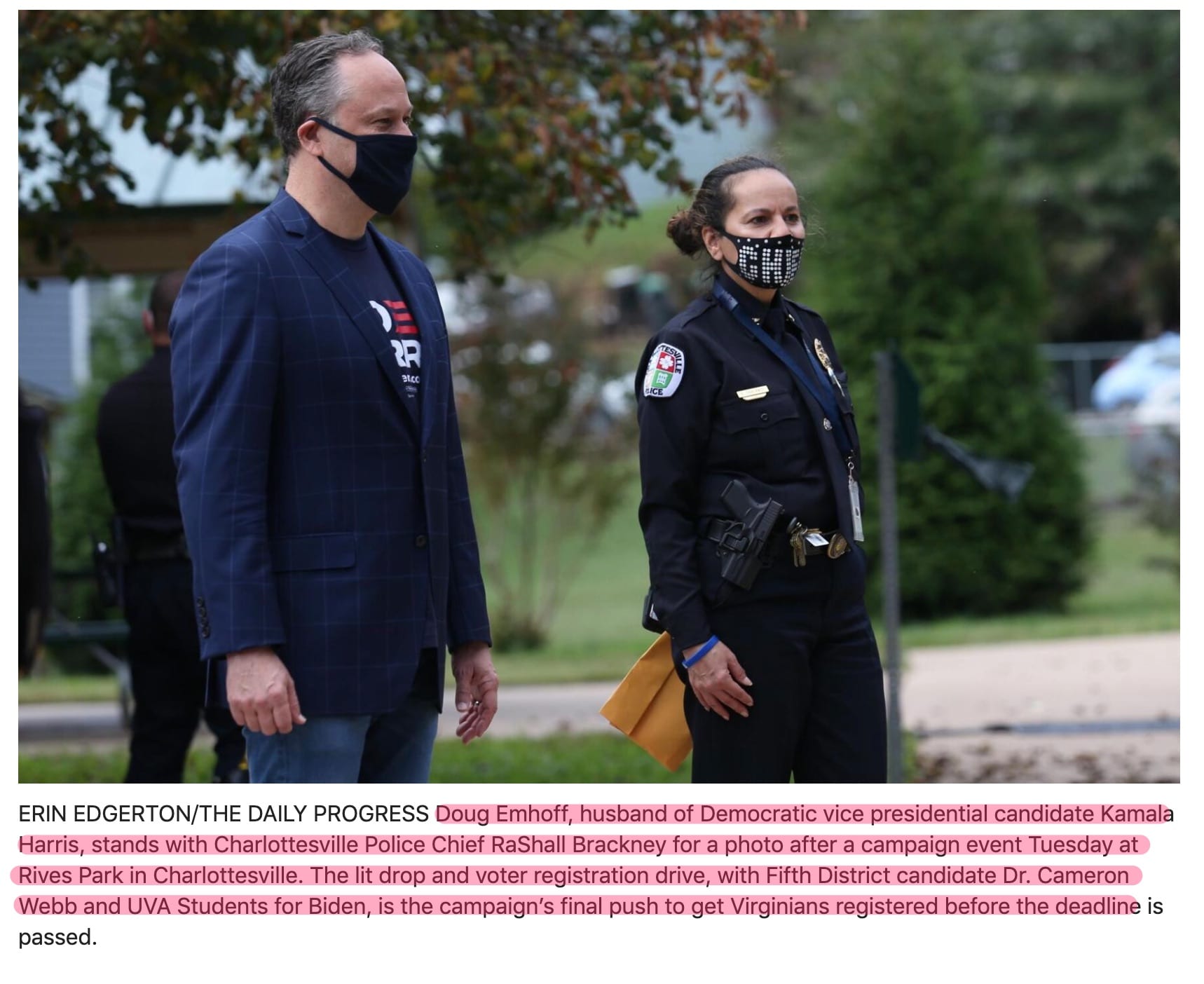

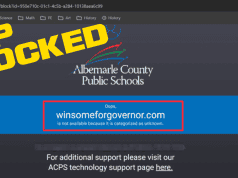
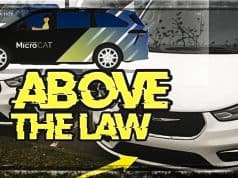
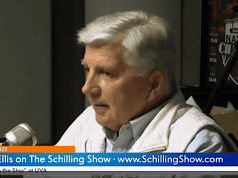
[…] a detailed SchillingShow.com exposé on seemingly inappropriate political activity by Charlottesville Police Chief, Dr. RaShall […]
[…] Jeffrey Jaeger’s firing was broadcast Friday by Charlottesville Police Chief RaShall Brackney during a virtual media […]
[…] from deep inside the bowels of City Hall indicate that Charlottesville Police Chief, Dr. Rashall Brackney, effectively has eviscerated the Department’s Special Weapons And Tactics (SWAT) team. This, in […]
[…] to the letter, Wells’ offer to meet with Chief RaShall Brackney to discuss the CPD crisis was rebuffed; a similar offer has been extended to Mayor […]